Rolls-Royce Motor Cars has a unique fluency in its clients. Its close relationship with the women and men who patronize the marque affords the company’s decision-makers an unparalleled understanding of the super-luxury consumer: their aesthetic preferences, uncompromising lifestyle requirements and changing taste patterns. Only with this understanding, and briefings supplied by the brand’s Luxury Intelligence Unit, is the marque able to create an accurate product response. Black Badge is a vivid example of this.
Rolls-Royce Motor Cars has always attracted subversive clients – rebellious women and men who built their success by breaking rules, taking risks and challenging conventions. In the 2020s, these women and men engage with luxury products on their own terms. They reject suits for streetwear, use blockchain not banks and influence the analogue world through their digital endeavours. In doing so, they have created new codes of luxury that resonate with their sensibilities: darker in aesthetic, assertive in character and bold in design.
Their approach to Rolls-Royce products is no different. The marque has responded accordingly, developing new colour palettes, more technical surface treatments and even more powerful driving experiences without ever compromising the effortless sensibilities that have drawn this bold group of clients to the Rolls-Royce brand.
Black Badge, the highly successful alter ego of Rolls-Royce, now represents more than 27% of commissions worldwide and is codified by the mathematical symbol that represents a potential infinity, which is found within the motor car’s interior.
This graphic, also known as the Lemniscate, was applied to Sir Malcolm Campbell’s record-breaking Rolls-Royce-powered Blue Bird K3 hydroplane and the marque’s designers nominated this hallmark for Black Badge motor cars to reflect their own unrelenting pursuit of power.
THE DARK SIDE OF POST OPULENCE
Conceived in response to a group of clients who requested a Rolls-Royce that was agile, discreet, highly connected and free of any superfluous design, the new Ghost is not just the most technologically advanced Rolls-Royce yet, but also the most aesthetically pure. In the twelve months since this motor car has been available, it has become one of the fastest-selling products in the marque’s history, representing more than 3,500 commissions worldwide.
This motor car also started a new design conversation in its relentless pursuit of minimalism and purity. Named ‘Post Opulence’ by Rolls-Royce designers, this aesthetic movement is characterised by reduction and substance. In service to this, exceptional materials are selected and celebrated while overt design is limited, intelligent and unobtrusive.
However, within this group of clients – who celebrate minimalism and material substance – a rebellious subset sought to create a disruptive expression of Ghost by permanently cloaking it in a shade so pure that its very classification as a colour remains a subject of debate: black. Black Badge Ghost reflects these clients’ desires. It is the dark side of Post Opulence: minimalism in extremis.
INTERIOR
Advanced luxury materials have been meticulously created and crafted for a unique ambience in the interior suite. While recalling the dramatic mechanical intent of Black Badge Ghost, the materials are true to Ghost’s Post Opulent design philosophy – one defined by authenticity and material substance rather than overt statement. In this spirit, a complex but subtle weave that incorporates a deep diamond pattern rendered in carbon and metallic fibres has been created by the marque’s craftspeople.
Multiple wood layers are pressed onto the interior component substrates, using black Bolivar veneer for the uppermost base layer. This forms a dark foundation for the Technical Fibre layers that follow. Leaves woven from resin-coated carbon and contrasting metal-coated thread laid in a diamond pattern are applied by hand to the components in perfect alignment, creating a three-dimensional effect. To secure this extraordinary veneer, each component is cured for one hour under pressure at 100°C. This is then sand-blasted to create a keyed surface for six layers of lacquer, which is hand-sanded and polished before being incorporated into the motor car.
If specified in the client’s commission, the Technical Fibre ‘Waterfall’ section of the individual rear seats receives the Black Badge family motif: the mathematical symbol that represents potential infinity known as a Lemniscate. Rendered in aerospace-grade aluminium on the lid of Black Badge Ghost’s Champagne cooler, it is applied between the third and fourth layer of a total of six layers of subtly tinted lacquer, creating the illusion that the symbol is floating above the Technical Fibre veneer.
Aesthetes from the marque’s design team elected to further enhance the noir ambience of Black Badge Ghost by subduing the brightwork. Air vent surrounds on the dashboard and in the rear cabin are darkened using physical vapour deposition, one of the few methods of colouring metal that ensures parts will not discolour or tarnish over time or through repeated use. The Post Opulent principles of simplicity have also been applied to dramatic effect in the Black Badge Ghost timepiece design: only the tips of the hands and the twelve, three, six and nine o’clock markers are picked out, in a subdued chrome finish, creating a remarkably minimal clock. Additional timepieces are available within Black Badge Ghost to suit the client’s aesthetic preference.
The timepiece is flanked by a world-first Bespoke innovation that debuted with Ghost: the Illuminated Fascia, which displays an ethereal glowing Lemniscate, surrounded by more than 850 stars. Located on the passenger side of the dashboard, the constellation and motif are completely invisible when the interior lights are not in operation. As in Ghost, the Lemniscate motif is illuminated via 152 LEDs mounted above and beneath the fascia, each meticulously colour-matched to the cabin’s clock and instrument dial lighting. To ensure the Lemniscate is lit evenly, a 2mm-thick light guide is used, featuring more than 90,000 laser-etched dots across the surface. This not only disperses the light evenly but creates a twinkling effect as the eye moves across the fascia, echoing the subtle sparkle of the Shooting Star Starlight Headliner.

EXTERIOR
Clients are free to select any of the marque’s 44,000 ‘ready-to-wear’ colours or create their own entirely unique Bespoke hue. However, the overwhelming majority of women and men who requested this darker expression of Ghost have selected the signature Black. To create what is the motor car industry’s darkest black, 100lbs (45kg) of paint is atomised and applied to an electrostatically charged body in white before being oven dried. The motor car then receives two layers of clear coat before being hand-polished by a team of four craftsman to produce the marque’s signature high-gloss piano finish.
At between three and five hours in duration, this operation is entirely unknown in mass production, creating an intensity simply unattainable elsewhere in the automotive industry. It is this depth of darkness that serves as the perfect canvas for clients to add a high-contrast, hand-painted Coachline, which has done much to create the Black Badge ‘black and neon’ aesthetic that has come to characterise this vivid family of Rolls-Royce motor cars.
To match this dramatic coachwork, the marque’s Bespoke Collective of designers, engineers and craftspeople collaborated to create an entirely customisable process that allows Rolls-Royce hallmarks such as the high-polished Spirit of Ecstasy and Pantheon Grille to be subverted. Instead of simply painting these components, a specific chrome electrolyte is introduced to the traditional chrome plating process that is co-deposited on the stainless-steel substrate, darkening the finish. Its final thickness is just one micrometre – around one hundredth of the width of a human hair. Each of these components is precision-polished by hand to achieve a mirror-black chrome finish before it is fitted to the motor car.
The exterior treatment resolves with a Bespoke 21-inch composite wheelset. Designed in the Black Badge house style and reserved for Black Badge Ghost, the barrel of each wheel is made up of 22 layers of carbon fibre laid on three axes, then folded back on themselves at the outer edges of the rim, forming a total of 44 layers of carbon fibre for greater strength. A 3D-forged aluminium hub is bonded to the rim using aerospace-grade titanium fasteners and finished with the marque’s hallmark Floating Hubcap, ensuring the Double R monogram remains upright at all times. To celebrate the material substance and remarkable surface effect, a lightly tinted lacquer is applied to protect the finish but still allow clients to observe the technical complexity of the wheels unique carbon fibre construction.
ENGINEERING
Black Badge is not just an aesthetic – it is an experience. The clients who requested this motor car demanded that the Bespoke treatment of Black Badge Ghost extend from the design atelier into the marque’s engineering department. In doing so, the Bespoke Collective of designers, engineers and craftspeople collaborated to create a vivid driving personality that matched Black Badge Ghost’s visual intent without compromising the marque’s effortless ride proclivities and exhaustive acoustic tuning.
Key to its potent character is the Architecture of Luxury, Rolls-Royce’s proprietary all-aluminium spaceframe architecture that debuted with Phantom. This sub-structure not only delivers extraordinary body stiffness, but its flexibility and scalability allowed Ghost to be equipped with all-wheel drive, four-wheel steering and the award-winning Planar Suspension system. For Black Badge, these peerless engineering qualities have been comprehensively re-engineered, including the fitting of more voluminous air springs to alleviate body roll under more assertive cornering.
The capacity of the Rolls-Royce twin-turbocharged 6.75-litre V12 engine was deemed sufficient. However, the flexibility of this celebrated power plant has been exploited to generate an extra 29PS, creating a total output of 600PS. The sense of a single infinite gear has also been dramatised with the addition of a further 50NM of torque, for a total of 900NM. The powertrain has also received Bespoke transmission and throttle treatments to further enhance the engine’s increased power reserves. The ZF eight-speed gear box and both front- and rear-steered axles work collaboratively to adjust the levels of feedback to the driver, depending on throttle and steering inputs.


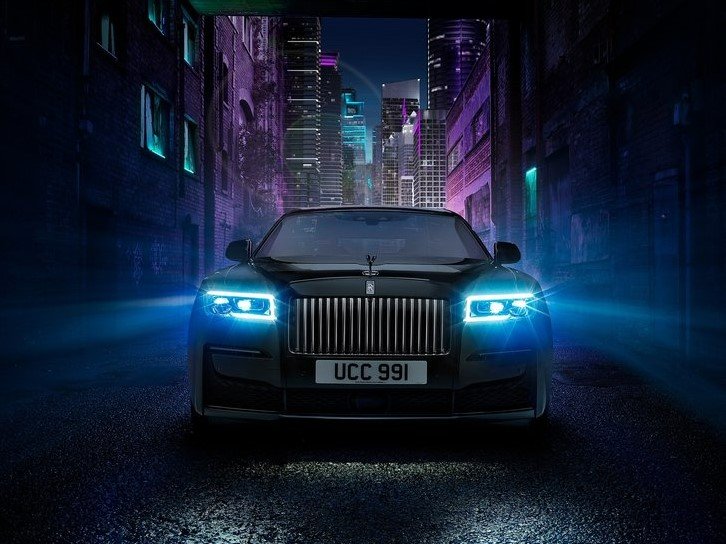
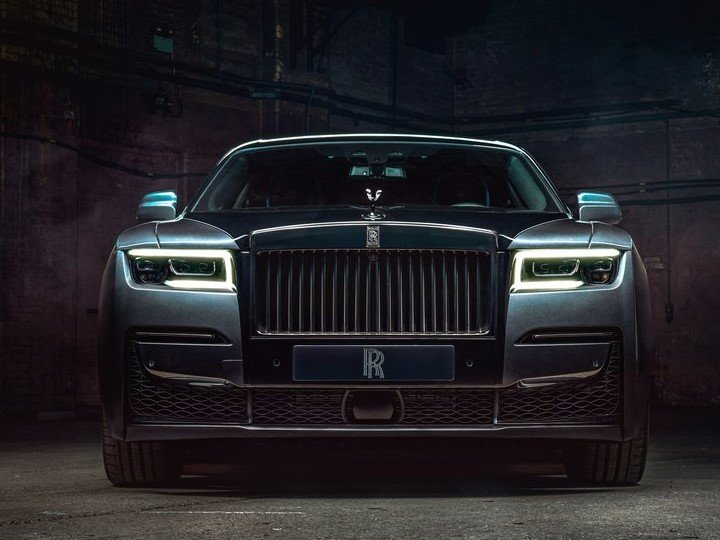
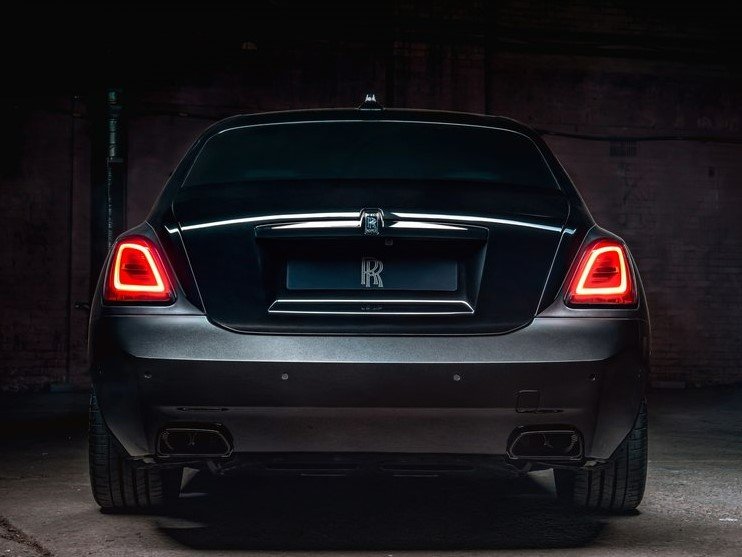
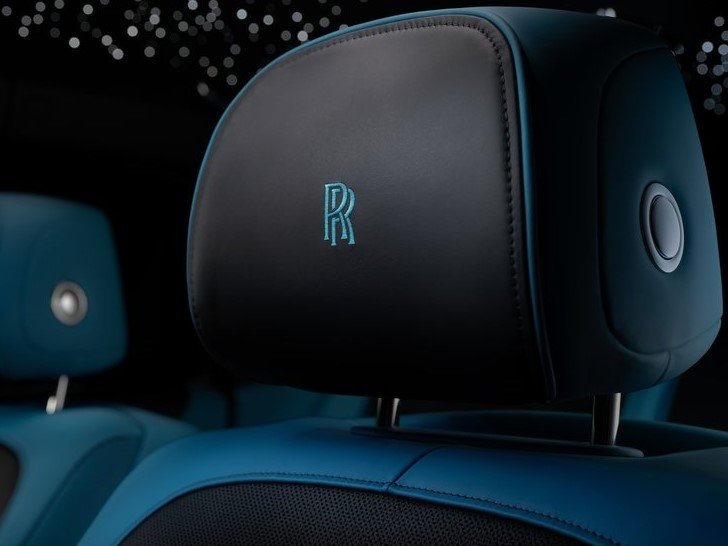
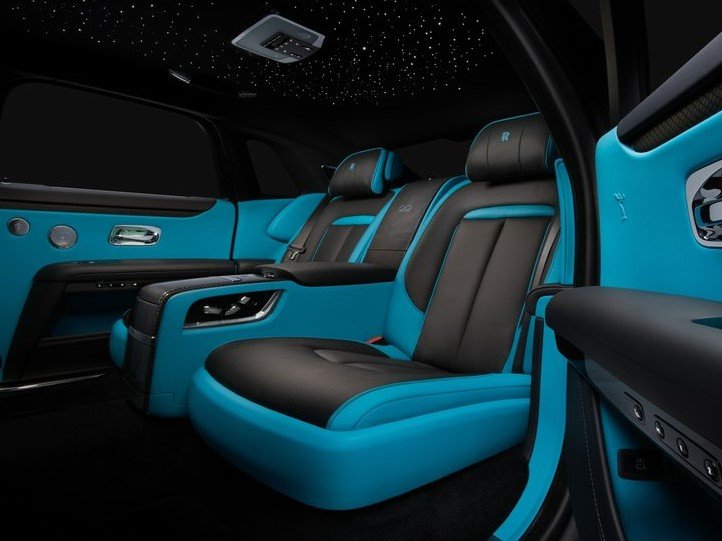
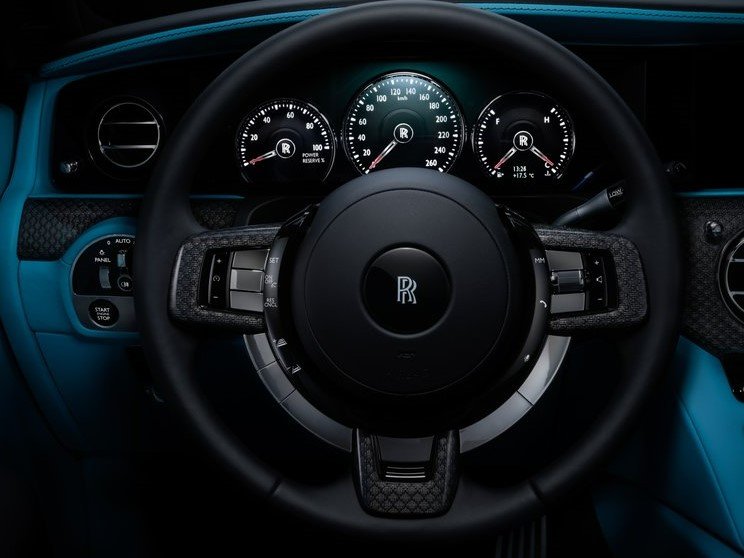
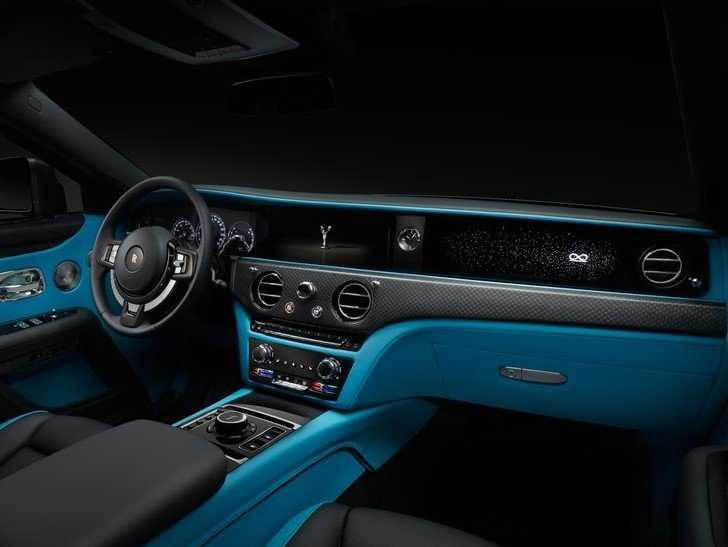

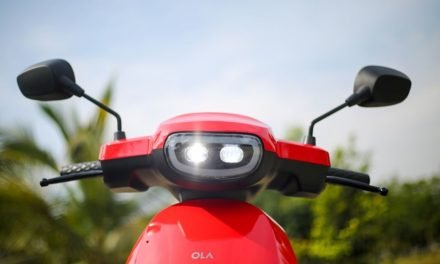
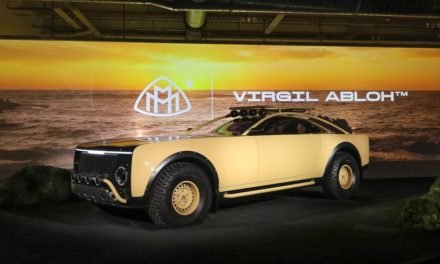
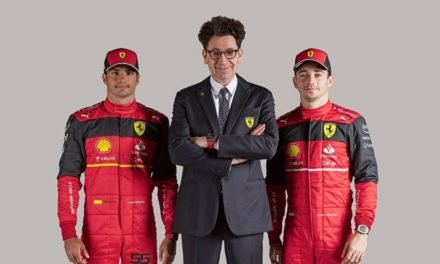
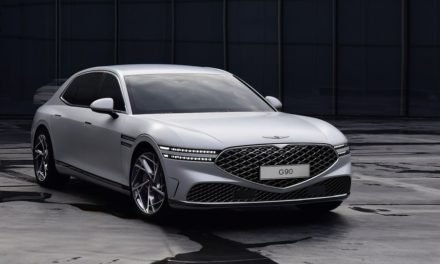
I simply must tell you that you have written an excellent and unique article that I really enjoyed reading. I’m fascinated by how well you laid out your material and presented your views. Thank you.
This content is written very well. Your use of formatting when making your points makes your observations very clear and easy to understand. Thank you.